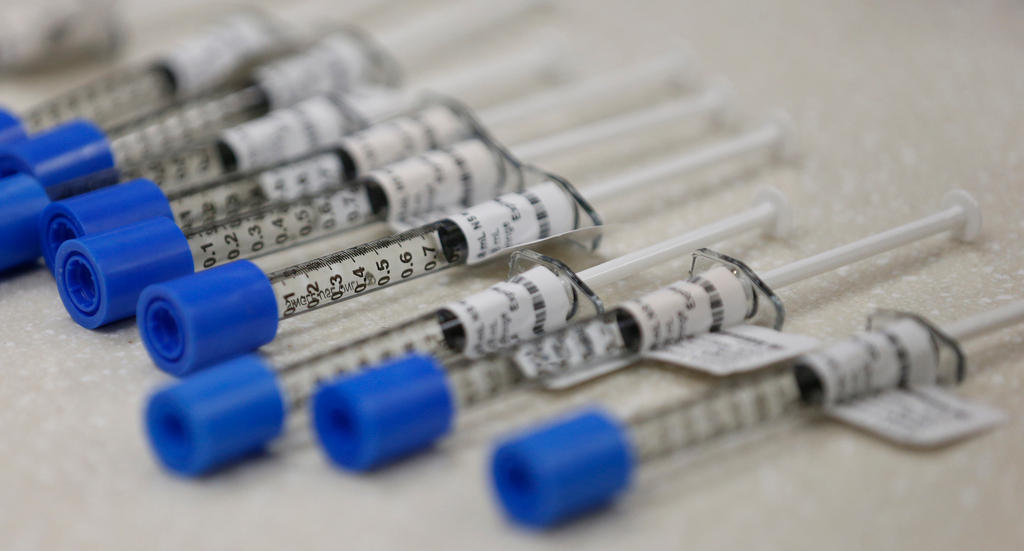
Opioid painkiller prescriptions surge in Switzerland

Prescription for powerful opioid medication have increased twenty-fold in the last thirty years, a recent study has found.
Switzerland’s consumption of morphine and equivalent drugs such as Fentanyl and Oxycodon has risen from practically zero in the 1980s to 400mg per inhabitant in 2015, placing the country 7th in the world ranking.
The figures appeared in a survey recently published in the scientific journal Revue Médicale.
Researchers from the University of Lausanne compiled the data using statistics provided by the International Narcotics Control Board. The results of the analysis were reported by the German-language newspaper Tages-Anzeiger on Tuesday.
Whilst Switzerland’s consumption levels still lag far behind the US, where many speak of an ongoing opioid crisis, the Swiss figures are still above the European average.
+ More illegally imported medicines seized
“American conditions are unthinkable in Switzerland, but opioids should be prescribed with more caution in our country, too”, Konrad Maurer told the Tages-Anzeiger, senior consultant at the pain outpatient department of Zurich University Hospital (USZ). It’s still common that some basic rules of prescription are not being observed when it comes to opioids, he said. For example, a doctor may prescribe the medication not on the grounds of pain, but based on a pre-existing addiction.
While there are no concrete figures for addiction rates, estimates suggest that roughly ten percent of patients prescribed morphine or equivalent drugs will develop an addiction to the opioid medication, the study said.
This happens when the drug’s ingredients bind to the opioid receptor in the brain and spinal cord, supressing the transmission of pain signals.
Patients with an addiction will need to gradually increase their dosage of the drug, even though the opioid medication may no longer help to alleviate – or may even aggravate – their pain.
Negative effects from the drug such as depression and memory loss may further aggravate the problem.

More
Painkillers linked to heart attack risks

In compliance with the JTI standards
More: SWI swissinfo.ch certified by the Journalism Trust Initiative

























You can find an overview of ongoing debates with our journalists here . Please join us!
If you want to start a conversation about a topic raised in this article or want to report factual errors, email us at english@swissinfo.ch.